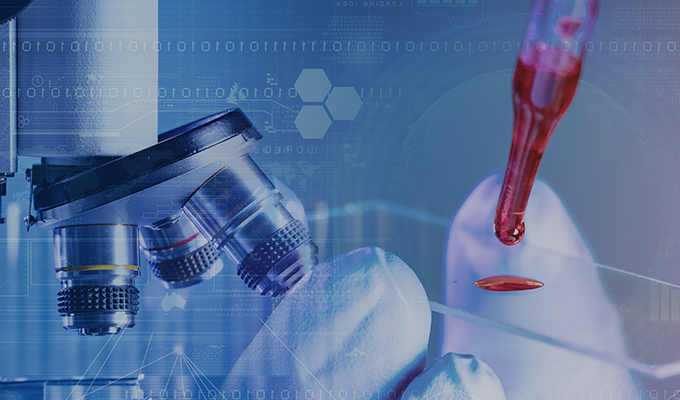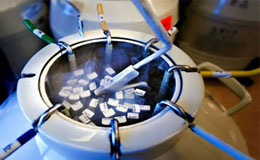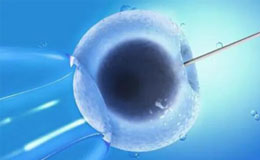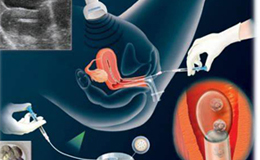NEWS
What is behind the high success rate of test tube babies in the United States?
2021.11.23 1157
Some people have a high success rate of test tube babies, and some people have a low success rate of test tube babies, and fail many times. There are reasons for this. At present, the success rate of IVF is not high, and there are strict indications for IVF, so there are still some factors that affect the success rate of IVF, such as egg quality, embryo quality, endometrium, and laboratory environment.
For patients over 35 years old, their ovaries are not sensitive to ovulation inducing drugs. The amount of ovulation inducing drugs directly affects women's health and the final results of test tube. Therefore, test tube baby hospitals should adopt pure natural ovulation inducing drugs without any addition to ensure women's health. If the egg quality of older women is poor, they can first pass the early conditioning until the egg quality is feasible, and then consider the tube technology to conceive, so as to ensure the success rate of the tube. If older women want IVF, they can consider the third generation of IVF.
Ovulation induction: in order to ensure the use of ovulation induction drugs within the range that the female body can bear, first of all, under the premise of ensuring the quality of drugs, scientific ovulation induction, that is, on the fifth day of medication, blood test and Yin ultrasound examination, blood test: estrogen and pregnancy, Yin ultrasound examination: follicle development after medication, and adjust the dosage of medication according to the female body's response to drugs.
Embryo culture: a large number of data prove that when ordinary embryos are transplanted, they will face different concentrations of carbohydrates and amino acids. They must adjust themselves to adapt to the environment, which undoubtedly reduces the vitality of embryos. IVF assisted pregnancy technology is actually the same as natural pregnancy. Only if it is more in line with the mother's environment can we ensure the healthy development of embryos.
On the third day after fertilization, the fertilized egg will divide into early embryos with 6-8 cells. On the fourth day of culture, the embryo will undergo drastic changes - the speed of cell division will accelerate. At this time, if any factor has a problem, the embryo will lose its activity, resulting in the delay of the whole test tube cycle, which has higher requirements for the quality of blastocyst culture medium. Until the fifth day, it will develop into a blastocyst composed of more than 100 cells. Because the blastocyst is composed of more than 100 cells, its structure and morphology are relatively stable, which is more in line with the physiological state of the uterus.
Endometrium: it is the most important place for embryo implantation. The damage of endometrium, adenomyosis, endometritis, endometrial polyps or other pathological changes of endometrium may cause embryo implantation failure and affect the success rate. Moreover, because some patients' uterine conditions are not suitable for self reproduction, there will also be a great risk for IVF technology.
In addition, the embryo laboratory environment is also very important. Embryos have very strict requirements for the laboratory environment. As long as there is a slight change in the laboratory, it will affect the normal development of embryos. For example, in domestic laboratories, multiple embryos will be stored in an embryo box. When doctors extract one embryo for observation, the changes in light, temperature and air will affect the surrounding embryos, and even destroy the embryos, leading to the failure of transplantation.
To improve the success rate of test tubes, in addition to doing well in the above aspects, the most important thing is for women to take good care of their bodies and maintain a positive and optimistic attitude.





